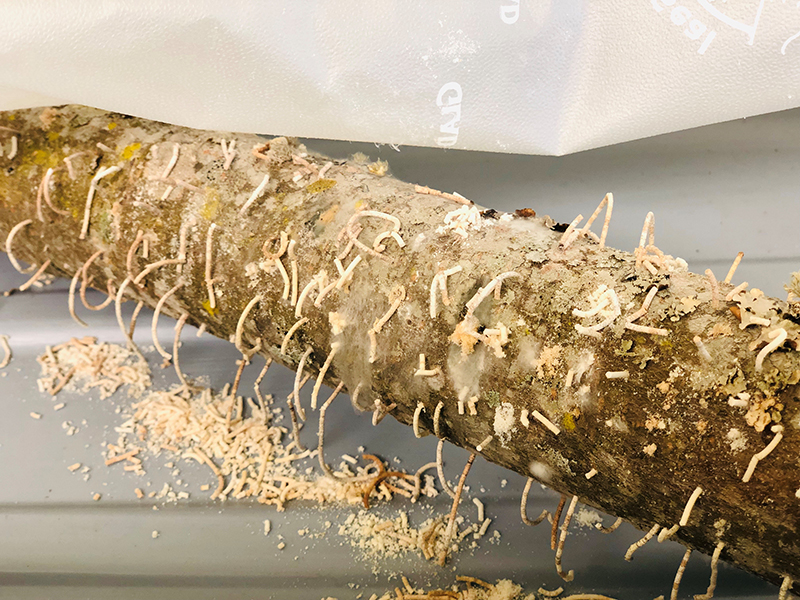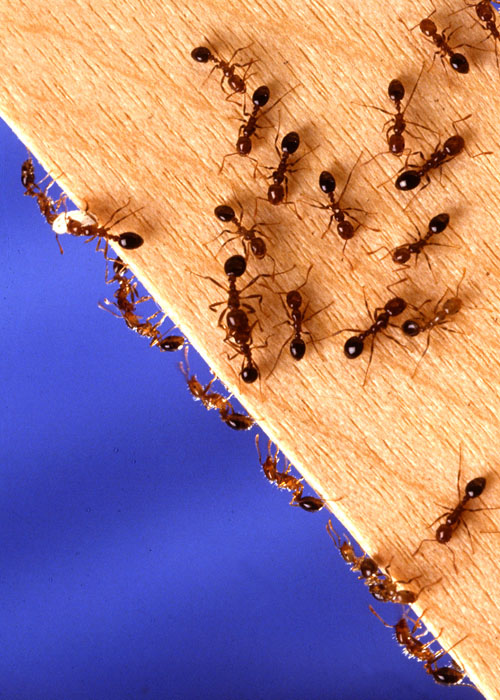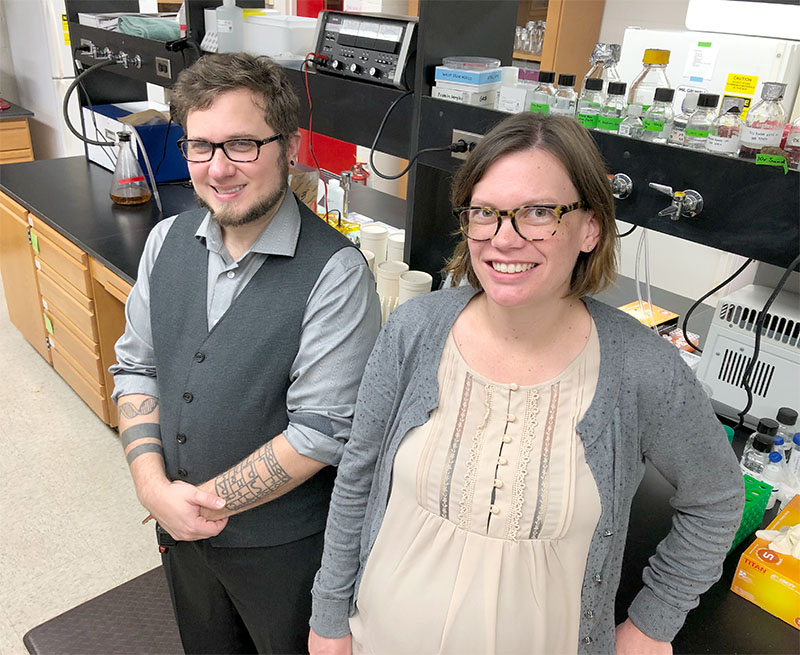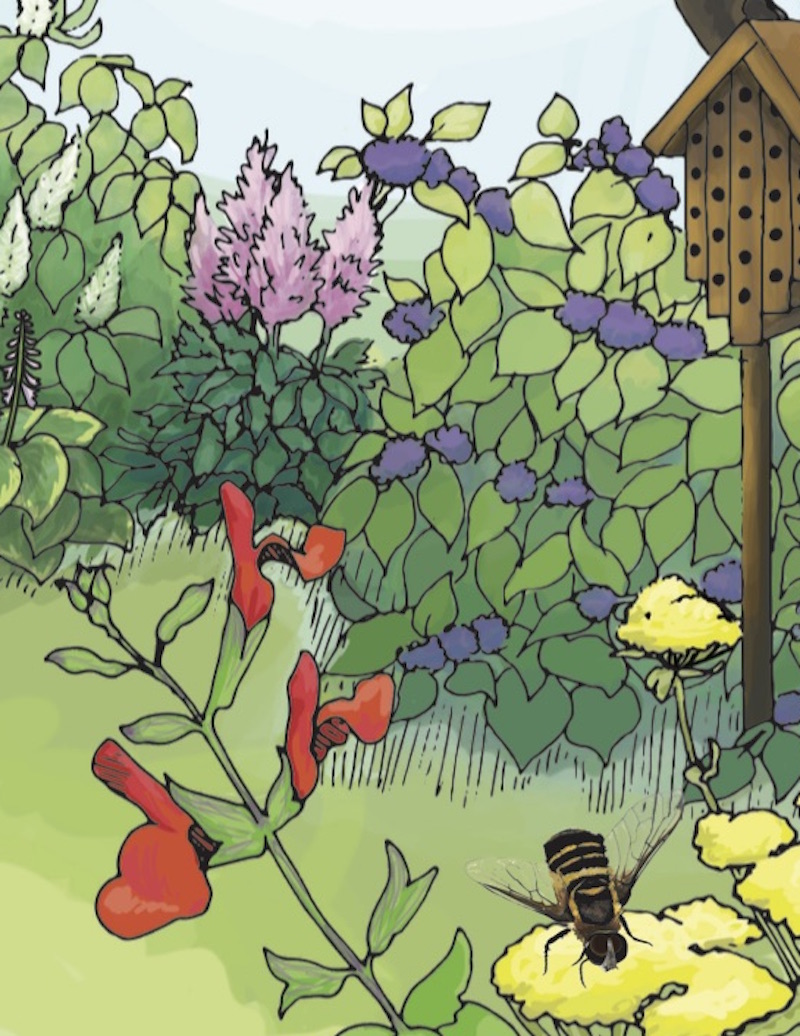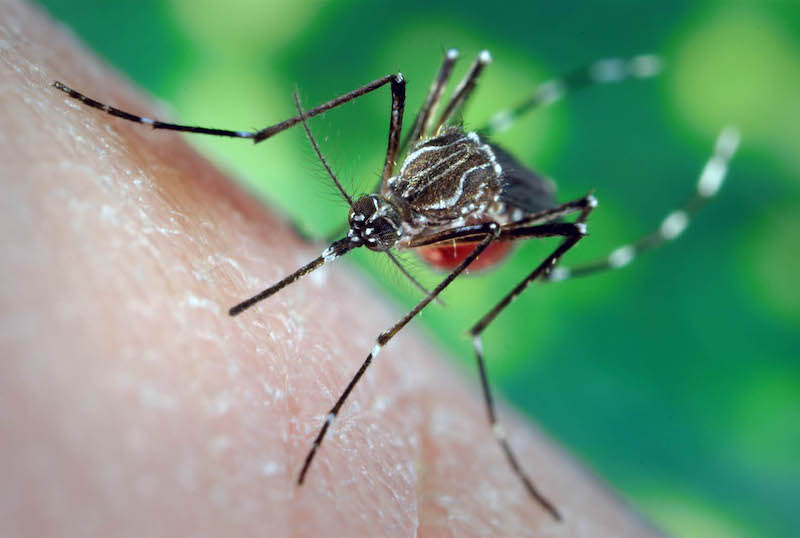 CAES News
CAES News
Mosquito-borne Virus
A horse in Lowndes County, Georgia, has tested positive for Eastern equine encephalitis (EEE), one of the most pathogenic among all of the mosquito-borne, encephalitis-causing viruses. EEE is a larger threat below Georgia’s fall line, but rare cases can occur farther north in the state.

